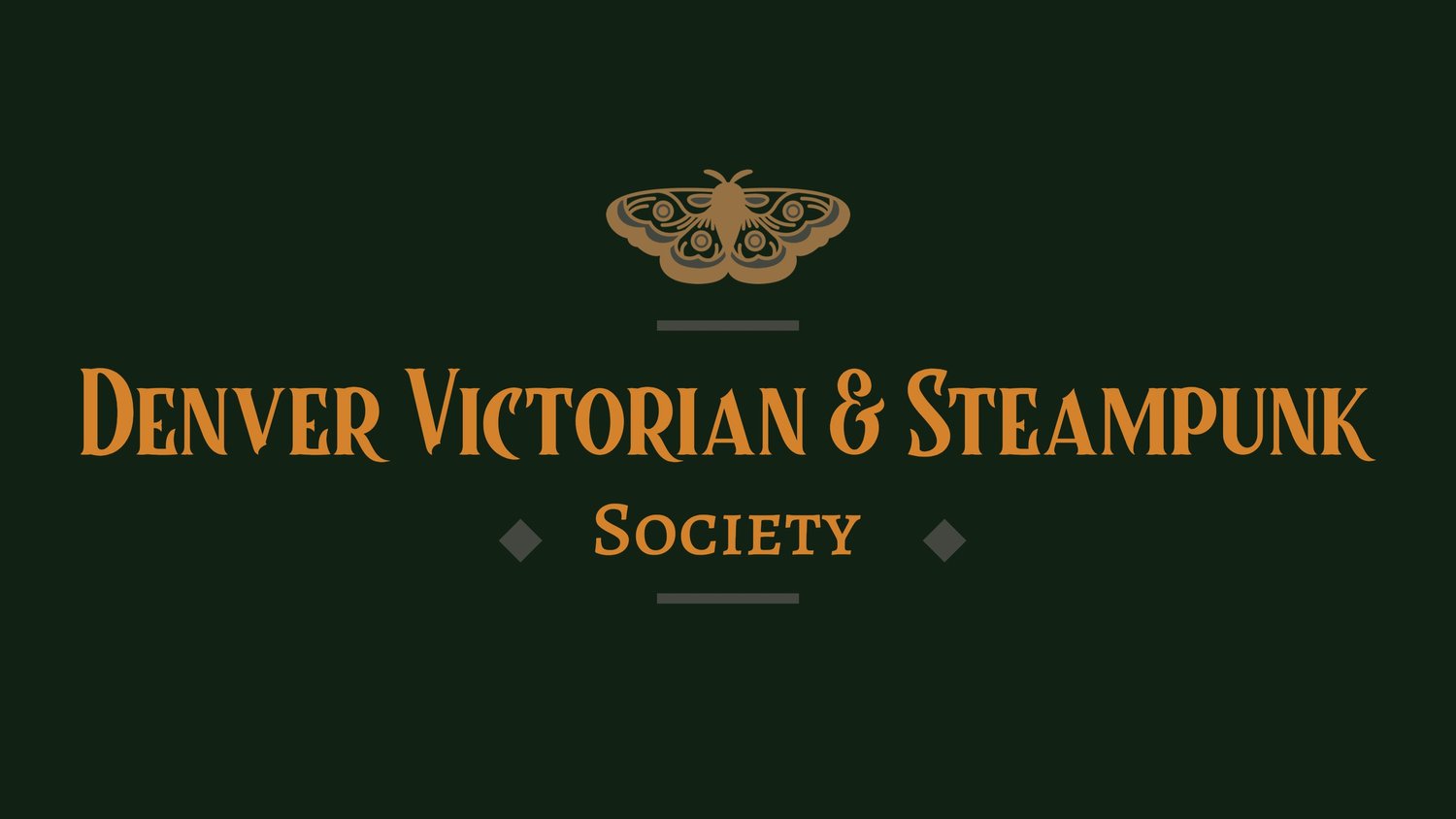Why do we dress in extraordinary fashion?
Or, the psychology behind the clothing we wear and the Punk mindset
Guests at the 2018 DVSS Day at the Botanic Gardens
What you wear changes the way you think
One might don work attire, or jogging togs, or an elaborate historical ensemble without thinking much about the way those clothes affect our psychology. However, research has shown that those inattentive acts actually change the way we feel, how we feel about ourselves and others, how we behave, and even our cognition.
The complex psychology of clothing taps into myriad aspects of human nature. Our perception of ourselves, how others react to us, and our confidence and self-esteem are all affected by what we wear. Cultural significance, symbolism, neuroscience, and sexuality are just a few factors in the human experience that are also affected by our clothing choices.
Primarily, the psychology of clothing describes aspects of self and identity, such as conformity, self-expression, cultural identity, and gender roles. In all categories, the questions are whether one is dressed to align with social norms or to resist, challenging the status quo. Are you reinforcing traditional gender roles, or are challenging or subverting them? Does you clothing signal your cultural identity, or your values or beliefs?
The psychology of clothing choices and their effects is called “enclothed cognition”. In the study that launched the term, participants were told to wear an item of clothing that was described as either a painters coat or a lab coat, and then subjected to cognitive tests. The participants wearing the coat described as a painters coat performed poorly on the tests, compared to the participants wearing the “lab coat”.
The symbolic meaning that is ascribed to clothing is clear - when we wear clothing that symbolizes intelligence, we feel smarter. We power dress to feel powerful. We wear beautiful polonaises to feel beautiful. Conversely, countercultural dressing symbolizes subversion of cultural norms, and non-binary dressing challenges cultural gender norms.
Putting the Punk in Steampunk clothing
The Punk culture encompasses several concepts common to our Neo-Victorian culture, and one can draw direct lines between the 1970’s and our Punk of 50 years later. Primarily, to be Punk is to be counter-cultural, to subvert cultural norms. This means that we are somewhat anti-consumerist, making much of our material culture rather than purchasing it - or purchasing second hand or from small artisanal makers. Unlike the dominant culture, Punks have no style authority, preferring creativity over slavish following of current fashion. Punks also tend to have political opinions, and these can be apparent in our dress as well.
In short, Punks create our own clothing and dress accessories, incorporating concepts of anti-consumerism and creativity, without regard to how we are viewed by the dominant culture. We thrift, we sew, we mod and repurpose, and we subvert.
Punk Messaging
When we appear in Neo-Victorian attire in “public”, we are sending Punk messages - messages of non-conformity, creativity and self-expression, and cultural identity with the Neo-Victorian community. The products of our makers are featured, and the socio-economic class of our clothing speaks to our politics.
If we dress for the role, we start to fulfill that role. Donning an apron over Steampunk dress identifies us with the household servant class, while one’s silk vest and cravat identifies one as an aristocrat. And then we tend to act those roles; the science says that when wearing upper-class clothing, people tend to identify as more conservative and capitalist, and are less likely to help others in general. Interestingly, people are less willing to ask the aristocrat for assistance than they are the maid.
Our Punk attire also affects how we feel about ourselves. When we adopt a Steampunk archetype, we begin to act in those roles. The Tinkerer, Scientist, Inventor, and Intrepid Explorer archetypes are disruptive to what we know of Victorian culture as were the Punk Rockers, Avant Garde Artists, and Gonzo Journalists of the 1970’s.
This Steampunk feels franchised in a corset and vest, ready to embark on Adventures and Excursions that would leave my Victorian aunt aghast. I feel a connection to my feminist forebears, a New Woman, empowered in society by subverting gender norms. And when I don my VOTES FOR WOMEN sash, my Punk message to modern society is abundantly clear.
Melanie Unruh

